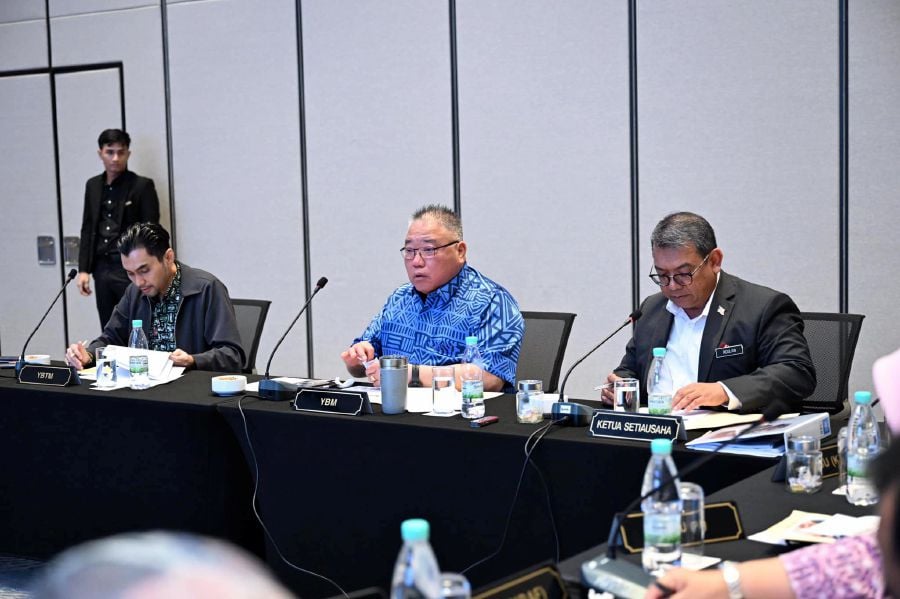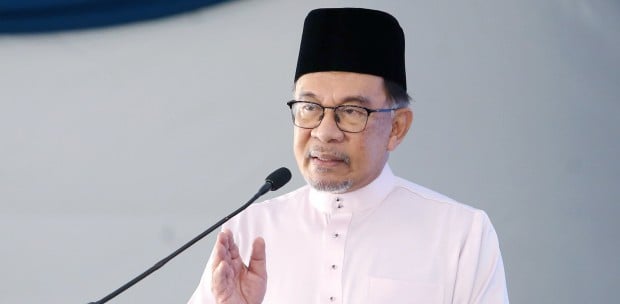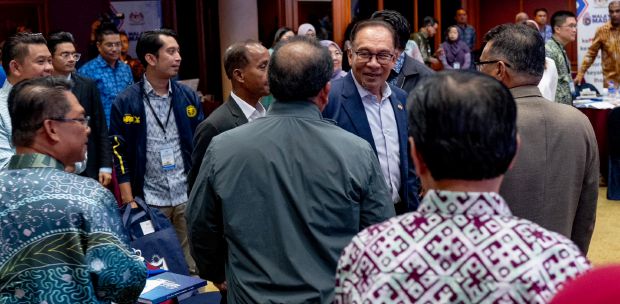In our system of parliamentary democracy, the cabinet represents the executive branch and the buck logically stops at the desk of the prime minister.
In the case of individual ministries, the buck stops with the respective ministers appointed by the PM.
If for any reason, a ministry is perceived to be not performing to expectations, the minister in charge has to answer for the shortcomings.
It is, therefore, unsurprising that if for any reason, a minister finds any senior member of his staff to be wanting and contributing to his ministry's sub-par performance, that he is within his prerogative to remedy the situation. Indeed, it is his responsibility.
That said, was Culture, Arts and Tourism Minister Datuk Seri Tiong King Sing doing the right thing in demoting the director-general (D-G) of the Malaysia Tourism Promotion Board (Tourism Malaysia) for what the minister essentially said was underperformance?
Ministers are political appointees and, therefore, come and go. However, most of their staff are part of the civil service or so-called permanent officials who remain even with changes of government.
The civil service cannot be beyond reproach nor should it be, but there are clear rules and procedures to follow if disciplinary actions are to be taken against its officers.
The demotion of Tourism Malaysia's D-G generated undue public comment and publicity because it was seen to be rather abrupt, raising questions as to whether due process was followed and if the seeming public humiliation of the senior government official was warranted and fair, whatever his failings may have been.
Therein lies the rub. The official's supposed failings were not spelled out.
If his demotion was done in full public view, surely he and the public deserve to know the specifics of his supposed under-performance that so crossed his minister?
Public reactions — judging from social-media postings — have been divided.
Those rooting for the ministerial action were almost as quick as the minister to pass judgment on the demoted D-G with scant evidence of any wrongdoing except for the minister's public utterances.
Others had been more circumspect, questioning if the minister had been right in doing what he did to the senior official in question, even if the official was remiss as the minister said.
So, what would have been the right course of action, given the circumstances?
Particularly assertive ministers, even impatient ones, who do not believe in deferring decisions and actions should be given some leeway to pick senior officials whom they are most comfortable with.
Perhaps it is time the civil service devised new standard operating procedures so that each time a new minister comes in, he or she will be given the option to either retain or seek new senior officials and can be reassigned the officials of his or her choice.
There was a time when changes of government had been less frequent and more predictable.
That time may have passed, perhaps for good. The civil service, therefore, needs to adapt to changing times.
The brouhaha over the demotion of Tourism Malaysia's D-G is unfortunate, and not just for him alone.
In this new era of almost instantaneous social media chatter and reactions, the ramifications of even innocuous executive actions may take unexpected and — given our potentially socially volatile scene — unhealthy turns.
The case of the demoted D-G will hopefully be water under the bridge soon, as Tourism Malaysia, through its social media page, has announced senior executive, Manoharan Periasamy as its new D-G.
Yet, this episode might not be easily forgotten.
Moving forward, the country is well-poised to reap various advantages to become an even greater tourist destination of choice.
It has already overtaken Thailand in terms of drawing in the greatest number of international tourists in this region.
Let us not break this positive momentum.
* The writer views developments in the nation, region and wider world from his vantage point in Kuching






